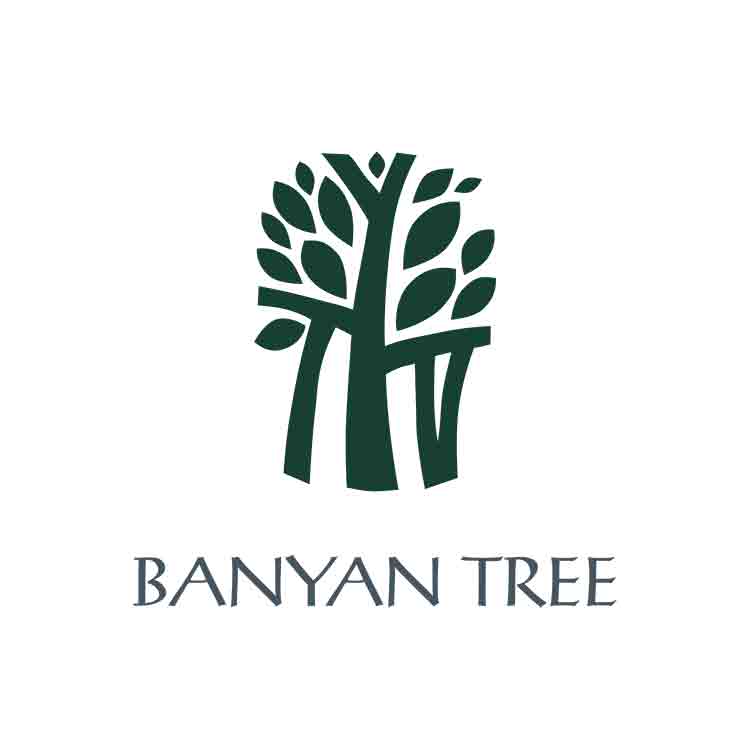Banyan Tree Lijiang Pioneers Corporate Social Responsibility In Rural Province

Singapore, As the first international resort to operate in Lijiang, Banyan Tree Hotels & Resorts is faced with unique opportunities to promote and integrate sustainable practices not just in its property but also encompassing the region’s thriving tourism industry, and its impact on impoverished local communities.
With about 3.5 million visitors annually, where the majority of visitors are budget or domestic travellers, Lijiang as a UNESCO World Heritage Site is poised to draw a fresh international audience of upmarket and discerning travellers and businessmen through Banyan Tree Lijiang.
Corporate Social Responsibility (CSR) is a key brand value of Banyan Tree to achieve positive and sustainable outcomes for business, environment and community issues. Having integrated CSR into both the physical and communal environment in countries where the resorts are located, Banyan Tree continues to reflect its rigorous social development involvement through Banyan Tree Lijiang, the group’s latest resort to open in China.
Setting exemplary standards in construction and operations, Banyan Tree Lijiang is a unique attempt to restate the local Naxi style in a contemporary, yet sensitive, manner. Working closely with Urban Planning and Construction by-laws, the exterior of the villas were constructed with local materials, such as exotic pink stone and grey Naxi bricks that proved weather-resistant and energy efficient. All-natural materials including pine, teak and traditional red clay roof tiles sourced from local kilns lend authenticity to the recreation of a Naxi village in a resort setting.
Banyan Tree Lijiang has also implemented human resource policies to reinforce its cultural and social commitments. Of the more than 200 full-time associates that are employed by Banyan Tree Lijiang, 67 per cent are local residents from Yunnan, where 28 per cent are from the local minority communities. Associates enjoy worker-welfare programmes, such as English improvement courses, dedicated transportation, and suitable accommodation options.
In nearby villages, Banyan Tree has implemented community projects, providing infrastructure, including electrical wiring and water piping to families of Geino Village and Xiya Village, students at the Lanbao Primary School, residents of the Tibet Hospital of Diqing Prefecture, and monks at Da Bao Si Monastery. Another beneficiary is Lijiang Ethnic Orphanage, which received upgraded facilities such as beds, water tanks, solar water heaters and safety features, in addition to 500 books donated by Banyan Tree guests.
Banyan Tree Lijiang was also instrumental in a charity fundraising event, the Walk For Chalk Shangri-La 2006, a project organised by the Chi Heng Foundation in support of AIDS orphans in rural China. Banyan Tree’s sponsorship of accommodation and meal package valued at US$35,000 enabled the Chi Heng Foundation to raise over US$250,000 for the children’s schooling and welfare needs.
To encourage more qualified tourism professionals from the local communities, Banyan Tree has launched a new scholarship programme at the Lijiang Cultural & Tourism University. Five scholarships will be awarded to promising students from Lijiang annually.
In addition, Banyan Tree Lijiang is in its preparatory stage to fund renovations and repairs for a rural school, which has fallen into a significant state of disrepair. This project aims to benefit the local communities by providing children with a more conducive study environment. More information on Banyan Tree and its Green Imperative Fund are available at .
About the Green Imperative Fund (GIF) | Since its first resort opened in 1994, Banyan Tree has continually sought to embrace the environment and empower people. To formalise and integrate its corporate social responsibility efforts, the Green Imperative Fund (GIF) was established in 2002. At all Banyan Tree and Angsana properties, the Fund provides critical financial support to worthy environmental action and community based projects, such as the Turtle Head Start and Coral Protection and Growth programmes. To give back to the communities supporting its resorts, Banyan Tree conducts regular educational and health enrichment initiatives, and also provides scholarships for primary, secondary, and tertiary levels of education for the underprivileged.
